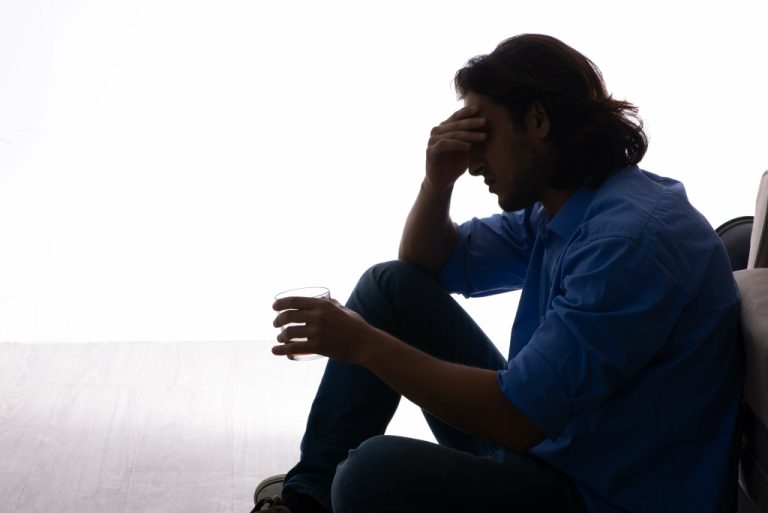Research has found that people who consume any alcohol have a 25% higher risk of developing obstructive sleep apnea (OSA). Drinking is also linked with the lowest oxygen saturation levels among people with OSA, as well as anyone prone to snoring, according to a 2020 systematic review. That same review found that people experienced an average of one to two more “apneic events” (or involuntary breathing pauses) every hour after drinking. To understand how alcohol affects sleep, it helps to know exactly what the body does once you’ve started to drink. As alcohol is digested, it’s absorbed into the bloodstream and carried into every organ. The body circulates blood in just 90 seconds, so you start to feel the effects of alcohol fairly quickly (cue the drowsiness!).
- Research from 2020 states that alcohol reduces sleep quality, and while it may not significantly reduce REM sleep, there is dysregulation.
- With that said, the sleep-promoting benefits of alcohol generally diminish after you’ve consumed alcohol before bed for several days in a row, so this is far from a reliable technique to drift off.
- As alcohol enhances the GABA’s function, it causes a slowing of brain activity, which can make a person feel sleepy and tired.
- Studies show a direct link between alcohol consumption and OSA, since drinking alcohol causes throat muscles to relax.
- If you’re having trouble sleeping, there are lots of things you can do to help.
- However, the reality is that alcohol has more of an adverse effect on sleep than a positive one.
In general, maintaining a well-balanced diet, with an emphasis on lean proteins and diverse plant foods, can go a long way to enhancing your sleep, night-to-night. Before reaching for that glass, hear from the experts how alcohol before bed might affect your sleep. For most people, alcohol induces a deeper-than-usual sleep in the first half of the night, followed by disrupted sleep in the second half of the night. CBTi is recommended as the best starting point for treating insomnia that has lasted more than four weeks (chronic insomnia).
Sedative effects of alcohol
People suffering from depression may already have disrupted circadian rhythms, and the presence of even moderate amounts of alcohol may push those rhythms further out of sync. Keep in mind that for people with AUD, sleeping issues may persist through the does liquor help you sleep withdrawal phase. Research shows that regular alcohol intake can reduce sleep quality over time, potentially causing issues such as insomnia. See how your sleep habits and environment measure up and gauge how adjusting behavior can improve sleep quality.

But the truth is, drinking regularly—even moderate drinking—is much more likely to interfere with your sleep than to assist it. A good night’s sleep is critical to our health, giving our bodies time to rest, repair and rebuild. A lack of sleep can impact not just your mood, but also your motor skills, exercise performance and immune system.
Drinking Water Before Bed
The research also showed that sleep problems often occur before a person develops issues with alcohol, but alcohol dependence may also lead to insomnia, creating a complicated cycle. If you’ve ever had a couple of drinks, you don’t need a scientist to tell you that alcohol can make you feel sleepy. This drowsiness occurs because alcohol causes a release of GABA in the brain, which slows down brain activity and makes you feel tired. Scientists have been studying the relationship between alcohol and sleep since the 1930s.
Dry January: 8 Things That Can Happen Within Days of Quitting Alcohol – Business Insider
Dry January: 8 Things That Can Happen Within Days of Quitting Alcohol.
Posted: Mon, 13 Mar 2023 07:00:00 GMT [source]
